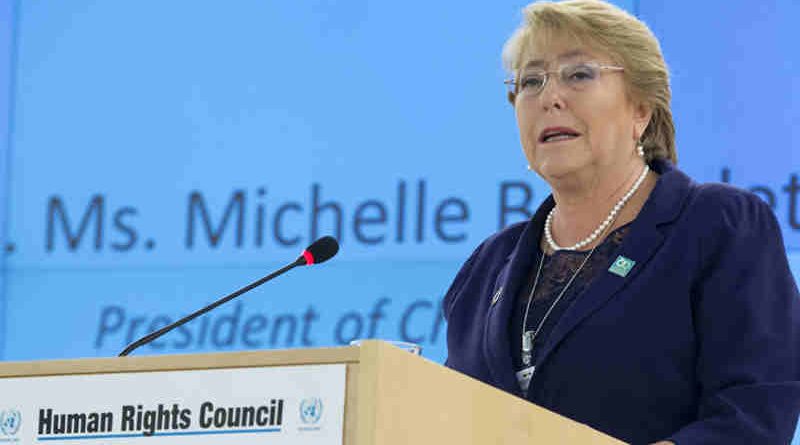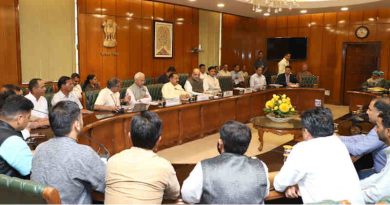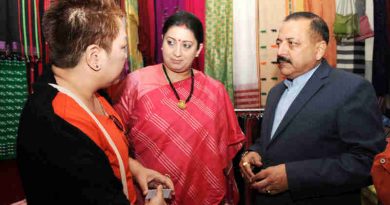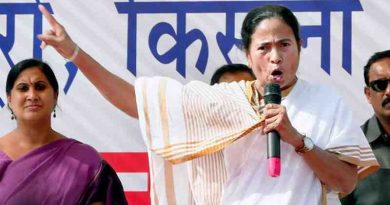UN Human Rights Office Comments on Supreme Court Order on Kashmir
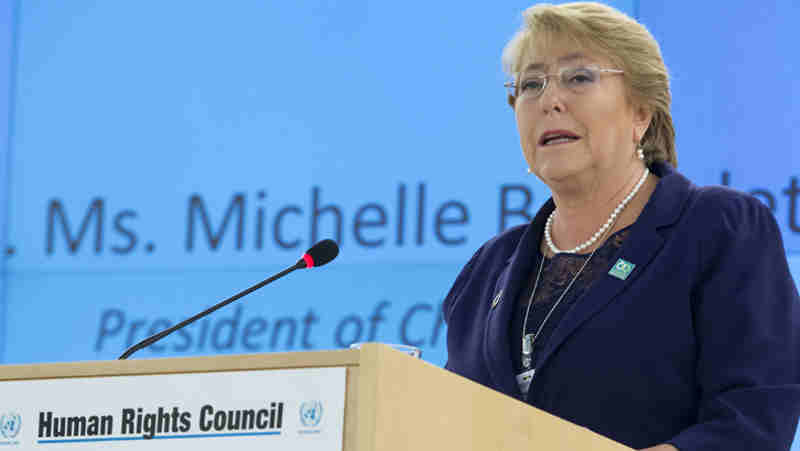
The court judgment said that an order passed under Section 144 which restricts the assembly of people should state the material facts so as to enable its judicial review.
By Rakesh Raman
As the Jammu & Kashmir (J&K) region in India is facing extreme human rights violations committed by the Indian government headed by PM Narendra Modi, the Supreme Court of India has asked the government to review its decisions on Kashmir.
As a Supreme Court bench – comprising justices N.V. Ramana, R. Subhash Reddy, and B.R. Gavai – has directed the government to review its restrictions on the use of Internet and the assembly of people, the UN Human Rights office has welcomed the court decision.
“We welcome the Indian Supreme Court decision calling on government to review restrictions in Jammu & Kashmir and encouraging the authorities to restore human rights and fundamental freedoms, including the right to freedom of assembly and expression,” the UN Human Rights office said on Saturday in a Twitter statement.
We welcome the Indian Supreme Court decision calling on government to review restrictions in Jammu & Kashmir and encouraging the authorities to restore #HumanRights and fundamental freedoms, including the right to freedom of assembly and expression.
— UN Human Rights (@UNHumanRights) January 11, 2020
The court judgment delivered Friday said that an order passed under Section 144 which restricts the assembly of people should state the material facts so as to enable its judicial review.
[ RMN Poll: Are You Satisfied with the Work of Narendra Modi? ]
The court also has directed the government to publish all existing and future prohibitory orders under Section 144 of the Criminal Procedure Code (CrPC) and orders suspending telecom services, including the internet, so that affected citizens can challenge them in a court or another appropriate forum.
The court order, which aims to protect the fundamental rights of people, has given the government a week’s time to complete its review of the restrictions imposed in Kashmir after the revocation of Article 370 that gave special privileges to the erstwhile state.
The court order declared that the freedom of speech and expression and the freedom to practice any profession or carry on any trade, business, or occupation over the medium of internet enjoys constitutional protection under Article 19(1)(a) and Article 19(1)(g).
[ Legal Directions Newsletter Covers Indian and International Legal Affairs ]
While deciding a slew of petitions, the court order added that the restriction upon such fundamental rights should be in consonance with the mandate under Article 19(2) and (6) of the Constitution, inclusive of the test of proportionality.
The court said categorically that the authorities should always consider allowing essential services such as e-banking, health care, etc. where the internet services are not likely to be restored immediately. The court also observed that the power under Section 144 cannot be used to suppress legitimate expression of opinion or grievance or exercise of any democratic rights.
[ Amit Shah Case: Shatrughan Sinha Demands Inquiry into Judge Loya’s Death ]
An order passed under Section 144 should state the material facts to enable judicial review and the power should be exercised in a bona fide and reasonable manner, and the same should be passed by relying on the material facts, indicative of application of mind, the court stated, adding that repetitive orders under Section 144 would be an abuse of power.
Meanwhile, a recent research report suggests that nearly 4,196 hours of internet shutdowns in different parts of India – Arunachal Pradesh, Assam, Jammu and Kashmir, Meghalaya, Rajasthan, Tripura, and Uttar Pradesh – cost the economy about $1.3 billion in 2019.
The report analyzed major internet shutdowns in the world to find that they cost the global economy over $8 billion. India, with over 100 internet shutdowns, was the third worst-affected nation after Iraq and Sudan.
By Rakesh Raman, who is a national award-winning journalist and social activist. He is the founder of a humanitarian organization RMN Foundation which is working in diverse areas to help the disadvantaged and distressed people in the society. He also creates and publishes a number of digital publications on different subjects.

